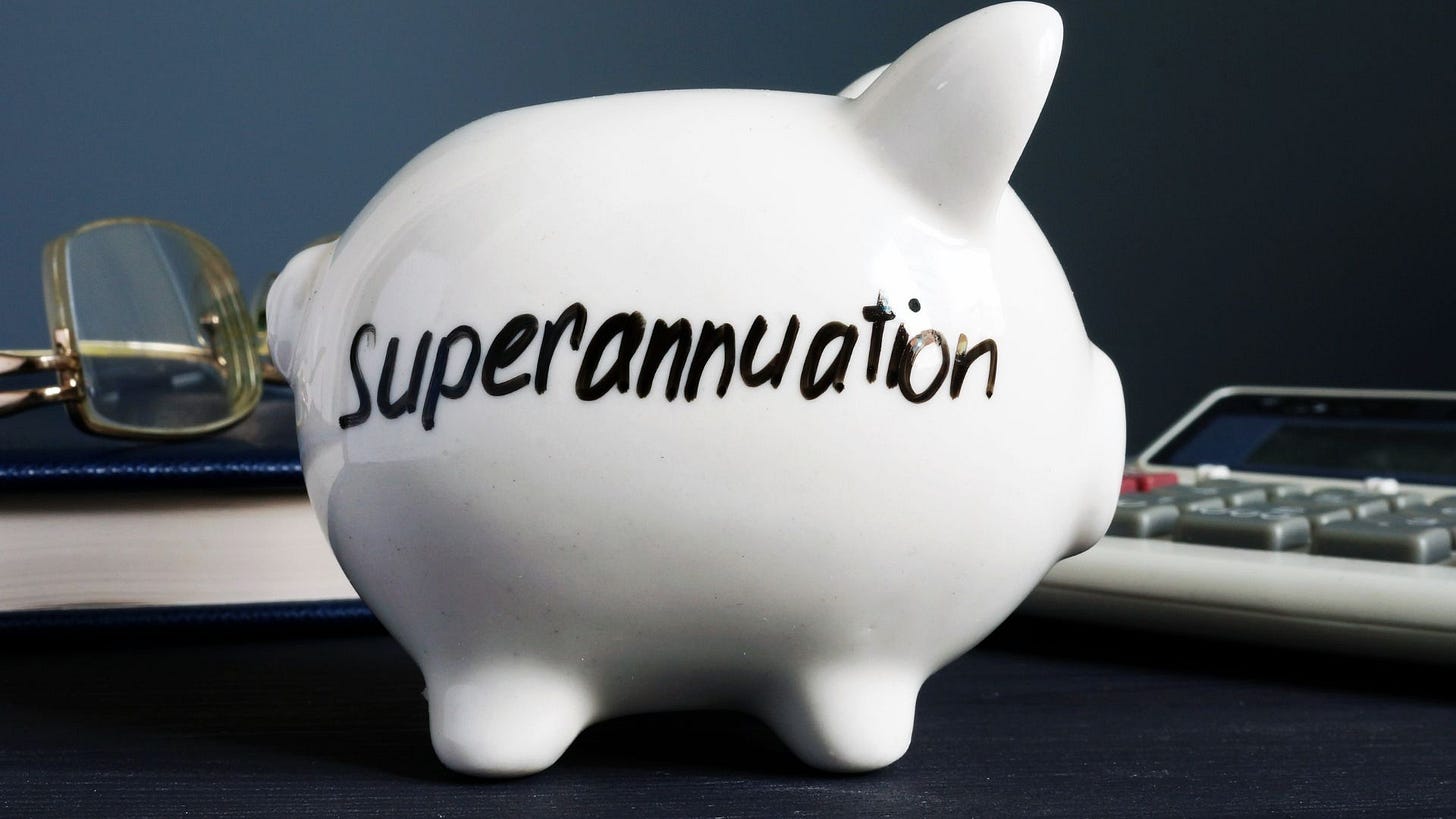Decoding Australia's superannuation tax concessions: contributions and income explained
Tax concessions on superannuation are a hot topic so let's take a moment to make sure we understand what concessions most people benefit from before and during retirement.
For those of us planning for, approaching and in retirement, the superannuation concessions are a crucial reason why we contribute the amounts we do, and why superannuation will be valuable to us when we retire.
Understanding the different tax concessions on contributions and income in super can help each of us make informed decisions about how to invest for before and during retirement.
It is a subject of significant debate right now as the government looks to tinker with the tax laws, so let’s make sure we understand them.
Tax concessions on contributions to super
The contributions we make into super before tax are called concessional contributions. They can include employer contributions, salary sacrifice contributions, and personal contributions for which a tax deduction is claimed. The tax concession on concessional contributions is designed to encourage people to save more for retirement. The concessional contribution cap for the 2022-23 financial year is $27,500, meaning if you are working, you can contribute up to this amount and only pay 15% tax, which is significantly lower than the marginal tax rate for most Aussies.
For those earning more than $250,000, an additional tax of 15% is applied to the concessional contributions, bringing the total tax rate to 30%.
If you’re 67 or older you must meet the work test to make a contribution to your super and if you are over 75, you can only make compulsory employer contributions or contribute under the Downsizer Incentive.
If you exceed the concessional contribution limit, the excess amount will be taxed at your marginal tax rate, which can result in a higher tax bill. Therefore, it is important to keep track of your contributions to ensure you do not exceed the limit and incur additional taxes.
The Downsizer Incentive is a valuable concessional contribution that allows eligible homeowners to contribute up to $300,000 (per person) from the proceeds of the sale of their home into their superannuation fund. To be eligible for the downsizer incentive, homeowners must be aged 55 years or older, have owned their home for at least 10 years, and the property must be their principal place of residence.
Tax Concessions on Income in Super
This is where it gets really exciting. Your income phase of superannuation starts when you reach preservation age and retire or kick off a transition to retirement income stream. Super is taxed differently after you retire from when you are in the accumulation phase.
The tax rate on investment earnings in the income phase is generally 0%. There’s one major exception, which is a 15% tax on earnings from assets supporting transition to retirement income streams.
If a person is aged 60 or over and receives an income stream, such as an account-based pension, the income received is tax-free. For those aged between preservation age and 59, a tax offset may be available, depending on the person's circumstances.
For lump sum withdrawals, tax may be payable depending on the person's age and the components of their super account. It can be a little more complex.
(more below)
What is the Labor Government proposing?
In February 2023, Treasurer Jim Chalmers has discussed a desire to tax people with a superannuation balance of more than $3 million. Specifically, the tax would be on the income generated from those balances, with a rate of 15%. This proposal is still in the consultation phase and has not yet been implemented. However, it has already sparked some significant controversy and concern among those who have accumulated large superannuation balances.
Chalmers said his main focus was defining what superannuation was for, proposing that Australia introduce a law that enshrines that “the objective of super is to preserve savings to deliver income for a dignified retirement, alongside government support, in an equitable and sustainable way”.
Think what we’re doing is helpful? Want to be inspired to have an Epic Retirement? Subscribe to the Epic Retirement Newsletter and get my updates in your inbox weekly.





